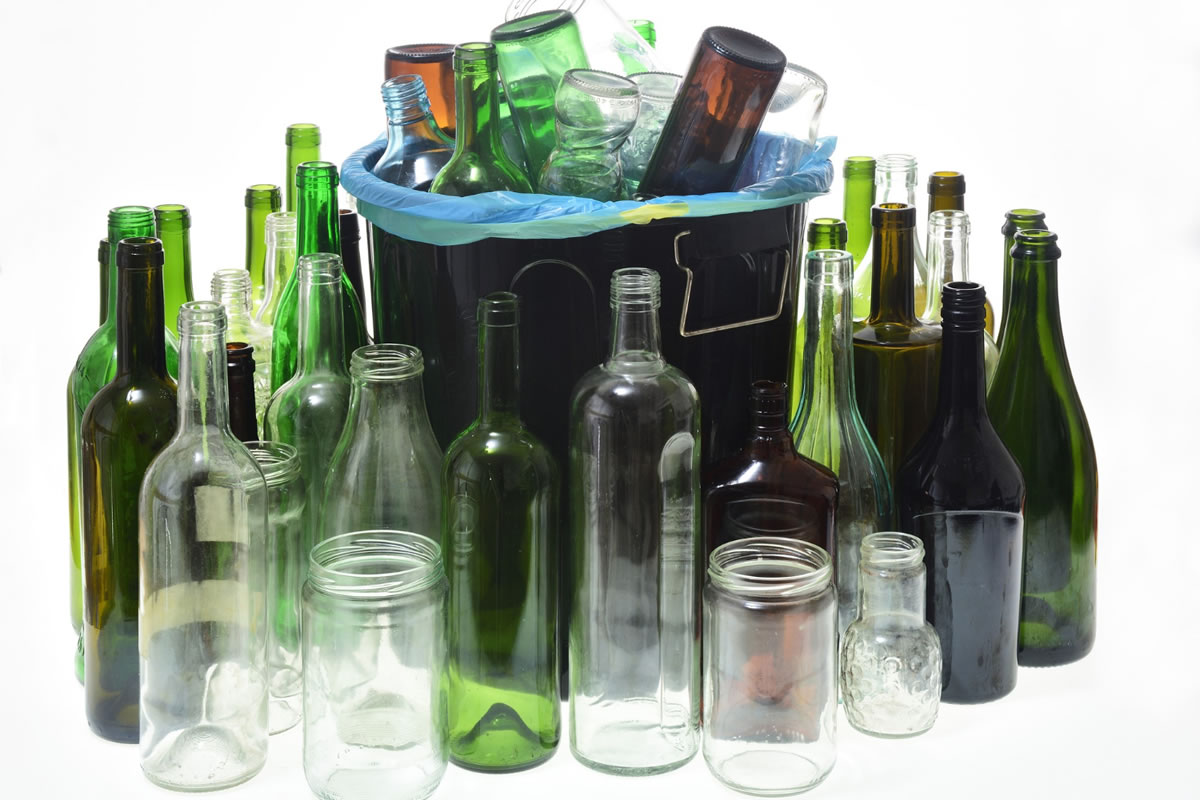
When it comes to lawn waste, or green waste, as many call it, most of us simply bag it, bin it, or bundle it up for curbside collection. But not every municipality offers yard waste collection benefits. And even if yours does collect yard waste, there are other methods to make use of those excess grass clippings, sticks, leaves, and plants.
Every year we create almost 40 million tons of green waste in the US. Though most gets recycled through municipal composting programs, almost 12 million tons of it is incinerated. Or worse, deposited in dumps where it takes up valuable space. Thankfully, decreasing yard waste is manageable. And by doing so, your lawn will be the talk of the town.
Grasscycling is possibly the easiest way to lower your green waste output. Rather than tossing grass clippings out, just leave them on your property when mowing. They only take a couple of weeks to break down, and they are great as fertilizer. By poundage, grass makes up half of the yard waste we create. Grasscycling is an adequate way to lower that number. Plus, it'll make your yard look better than ever.
Home composting does not only apply to food waste. It's also ideal for grass clippings, shrub and plant trimmings, leaves, etc. To get the basics of home composting down pat, check out a blog post on the topic. Keep in mind, if you're interested in composting pine needles, they require longer than other materials to deteriorate. They'll also acidify the soil, so be sure to restrict how much you use.
For this, you may need a mulcher. If you don't own one, that's alright. You can rent them. Some lawnmowers come with a mulching alternative for leaves and plant clippings. A thin coating of mulch is a beneficial addition to any garden. It enhances soil moisture and fertility and restricts the growth of weeds. It also provides aesthetic worth. Leaves, grass clippings, and moss are all appropriate. In addition, items like limbs, bark, and twigs can be put through a wood chipper.
Xeriscaping is a form of landscaping that humans developed for arid regions. That said, you can implement it anywhere. Its emphasis on drought-resistant plants is an excellent way to preserve precious water resources. More than that, xeriscapes truly require less upkeep than an ordinary garden. That means less trimming and pruning, which also signifies less yard waste.
Though lawn waste is organic, it's still waste. With these four tips, you can keep your green waste greener and reap the advantages of a healthier yard.
Contact us today if you are looking for a recycling service in New Jersey. We serve cities across the state and have the experience and expertise to guide you on recycling best practices for all different types of materials. We are excited and grateful to be in the position to help you make the world a better place for your children, grandchildren, and the coming generations.